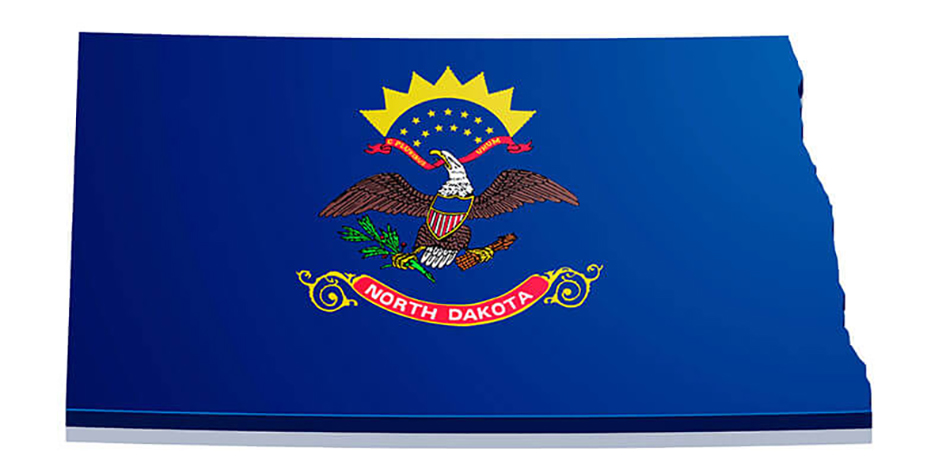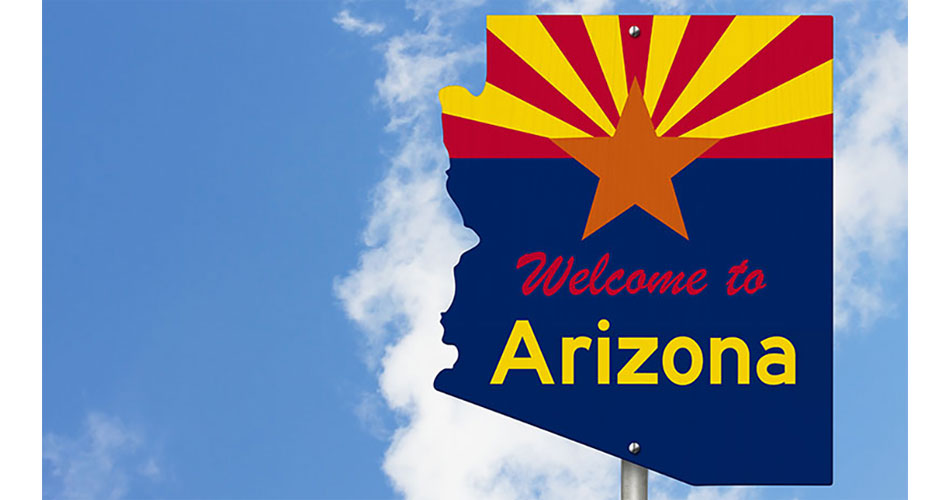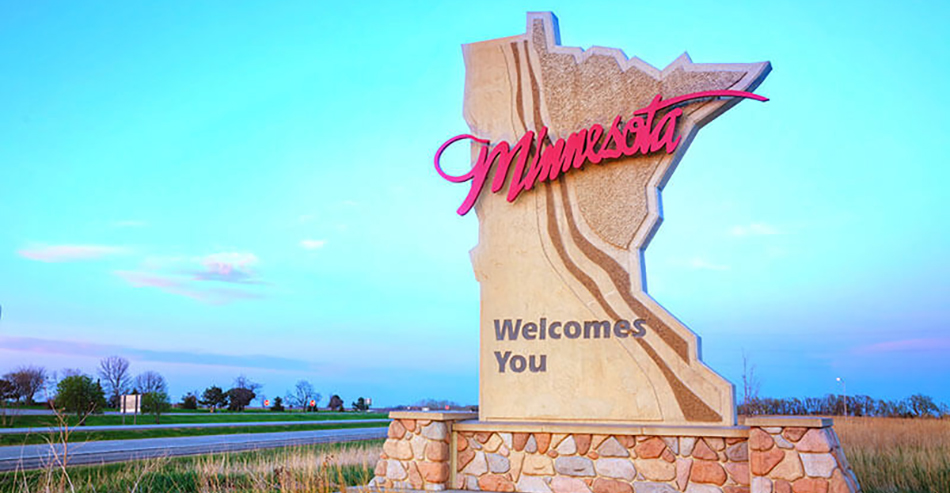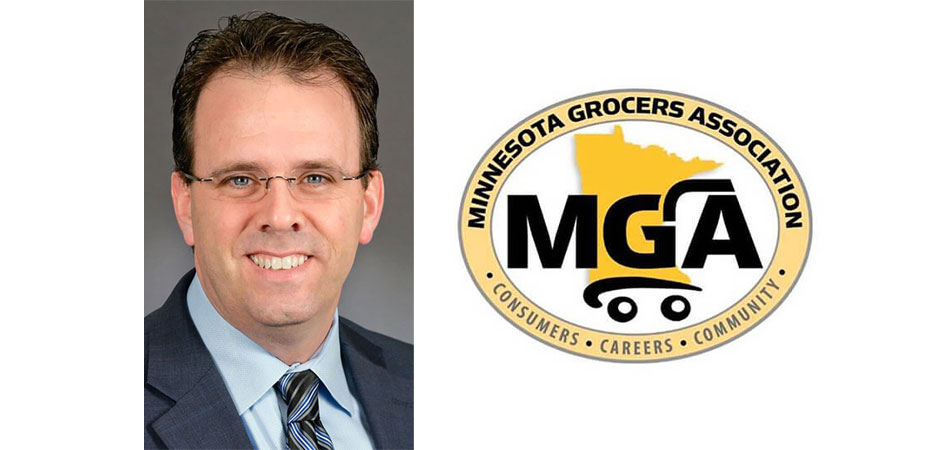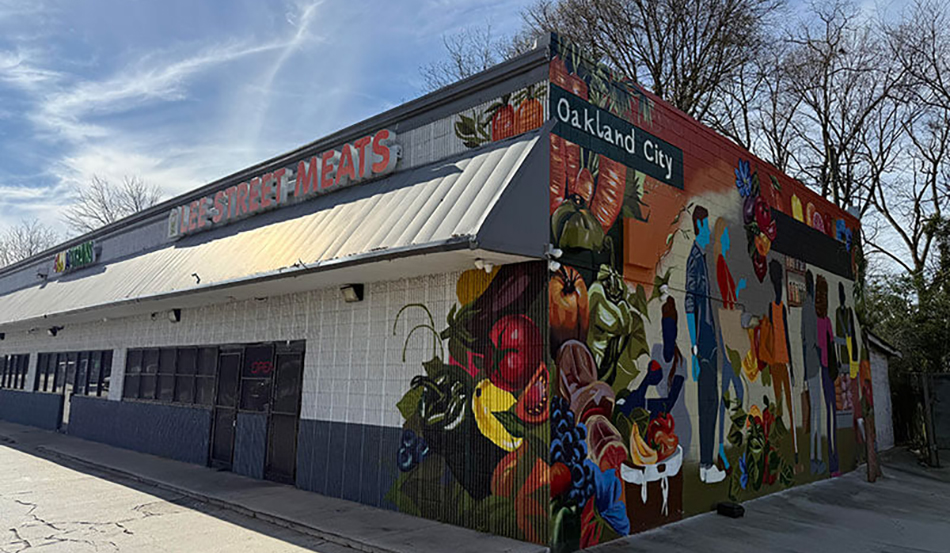Independent grocers across North Dakota face mounting pressure from several directions, according to John “Jiggs” Dyste, president of the North Dakota Grocers Association. “Independent grocers are being squeezed by big-box stores and food manufacturers,” Dyste said. “Unfair pricing is the main problem driving consumers to big-box stores.” The challenges come as North Dakota’s economy undergoes […]
Category: Market Profile
AFMA: Grocers Weather Supply Chain Uncertainties, Keep Focus On Customers
Lisa Bednar, president of the Arizona Food Marketing Alliance, took time out of her busy legislative season to respond to questions from The Shelby Report of the West’s Lorrie Griffith about what’s happening in the state’s grocery industry. We’re coming out of a year that saw a new administration in the White House, a […]
Grocery Development Continues Around Cities Across Arizona
As population and construction projects continue to grow in number in Arizona, the grocery industry is responding with growth of its own. Following is a roundup of some planned and recent store openings. On Jan. 12, Aldi announced its plans for 2026 and beyond, including 180 new stores as well as three new distribution centers. […]
Minnesota Grocery Industry Faces Expansion, Closures, Federal Funding Uncertainty
Minnesota’s grocery industry navigated significant challenges and changes in 2025, with new leadership at major chains, a cyberattack disrupting operations, federal SNAP funding uncertainty threatening rural stores and continued pressure from state labor mandates. United Natural Foods Inc. (UNFI) appointed David Best as president and CEO of retail effective Aug. 17, leading the company’s two […]
Minnesota Retailers Face Mounting Pressures Despite Strength Of Independent Network
Minnesota maintains one of the nation’s strongest independent grocery networks, but increased government mandates driving up costs, stagnant population growth and a shrinking workforce are creating significant headwinds for retailers across the state, according to Patrick Garofalo, president of the Minnesota Grocers Association. “There’s a lot of pressure on those individual stores,” he said. “We’re […]
Funding, Support Go Long Way For Grocers In Underserved Atlanta Areas
In December 2024, Invest Atlanta – the official economic development authority for the city of Atlanta – announced millions of dollars in grants to bolster fresh food access in underserved areas around the city. The first announcement was Invest Atlanta providing $8 million in funding for two stores to be operated by independent operator Savi […]
Hawaii Grocery Industry Adapts During Uncertain Times, Mounting Challenges
The grocery industry in Hawaii is facing mounting challenges as food insecurity remains high and transportation costs continue to climb. Approximately 30 percent of Hawaii’s residents report some level of food insecurity, according to Alexis Chapman, director of operations for the Hawaii Food Industry Association in Honolulu. The situation is even more dire in certain […]
Okimoto Corp.’s Longstanding Values Guide Everyday Operations Of Its Stores
Hawaii grocer Okimoto Corp. celebrated 75 years in business in 2024, built on a foundation of honesty, integrity, humility and unity. Led by the third generation – Kris, Kyle and Kit Okimoto – the company operates two stores on Oahu and one on Molokai. Kit Okimoto, who in addition to his CFO duties in the […]

